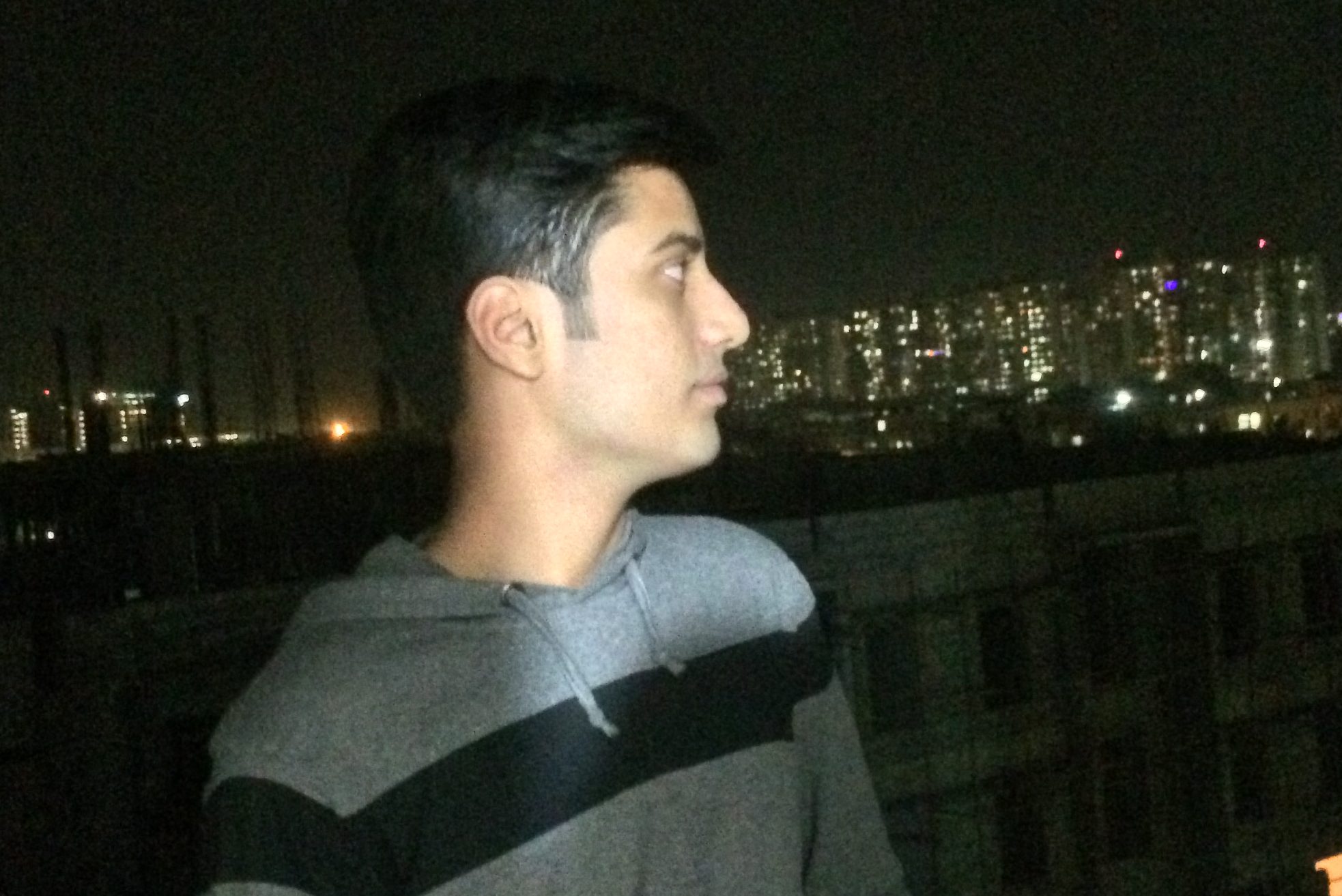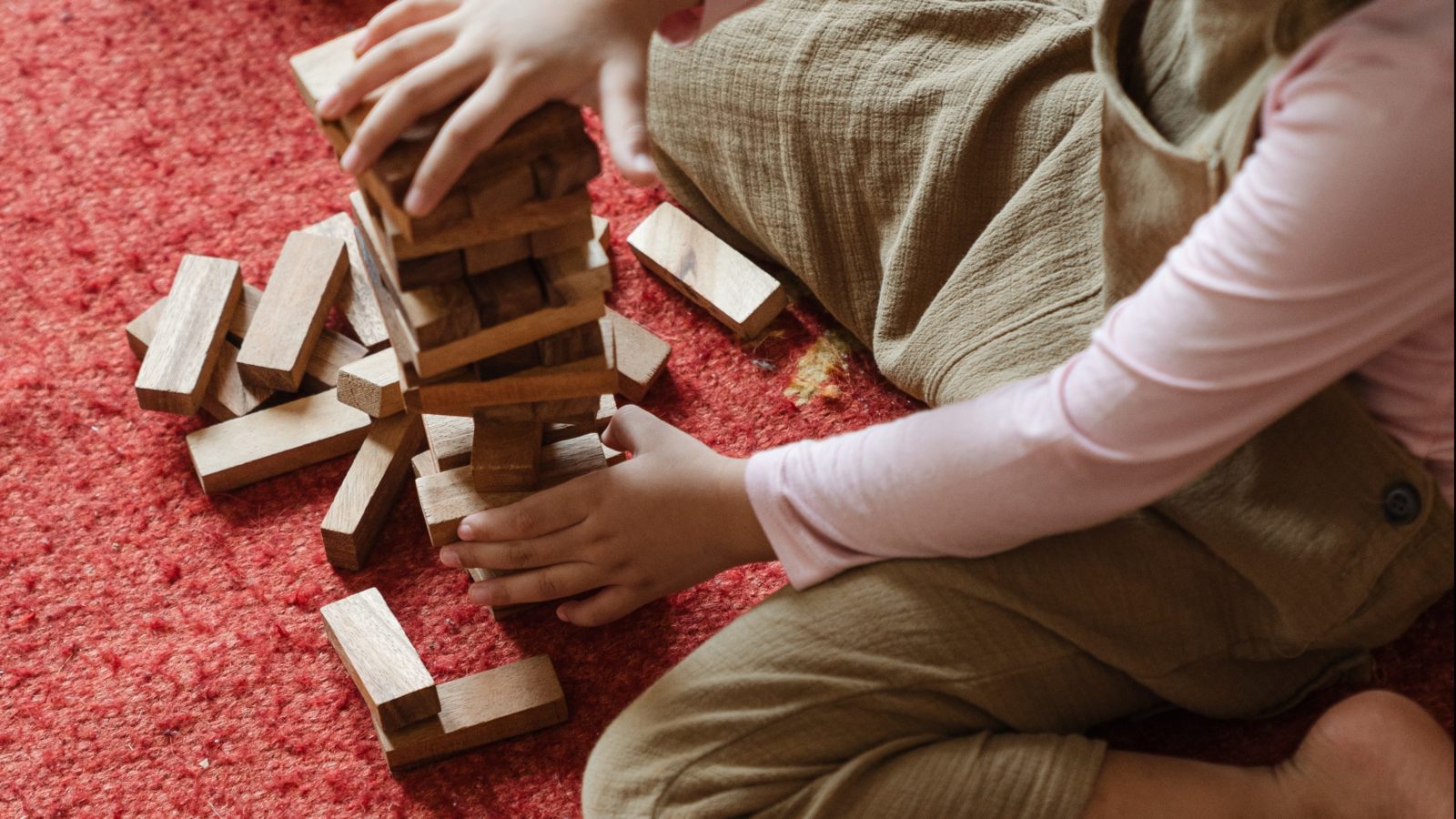Patience is not a sign of failure in coming, rather it is a power technique to look beyond the obvious—a skill only a few possess. Growing up, too often, we are too flighty in making decisions, or finding answers, or digesting losses. Although, being excited is a good thing (increase in dopamine level makes us all happy), there is a fair chance of missing to see the bigger picture in the state of excitement.
Let me take you on a trip down memory lane. During secondary school, I was fantastic at academics, represented the school at sports tournaments, and to top it all, I was one of those really popular kids. Getting all of that attention from teachers, juniors and fellow mates made me feel special. It was almost as if anyone would sign up for any decision I took.
I failed myself. I enrolled for studying science during my high school. I started sleeping in chemistry classes. Those Benzene rings were the last things that I ever would’ve wanted. Later on, right after the end of my high school, I took a break. Instead of taking all those competitive examinations, I took a month off in clear air, read self-help books, and discovered that I had a knack for finance and economics.
This only happened as I pushed the pause button and let my mind consume all the opportunities I had, gently. Rushing into things makes your fumble. Once you jump to a conclusion too soon, the chances are that you become mad as a March hare a few months down the line.
Eventually, I signed up (this time without anyone’s approval) for an undergraduate degree in finance and management. What worked for me was reading books and the Wall Street Journal. For someone else, listening to podcasts, or reading online journals might be a better solution. Being patient is an acquired learning. You can’t just expect to hop off your bed one day and become the wisest version of yourself.
Making a clean breast of your thoughts with yourself is the first step in this process. Be genuine, patience in a nutshell is the ability to not buy your own BS! The next step is to research. Find out more about that field, reach out to people associated in that area (thanks to LinkedIn), and dig deeper. Even the worst of the artworks have the best of the teasers. Figure out what’s inside, and then ask yourself: Am I comfortable getting into this?
Finally, document every process. Make a list weighing pros and cons, or maintain the details in a diary. This will further ensure that you’ve everything in front of yourself to make a firm decision.
In 2007, Erin Callan was appointed the CFO of Lehman Brothers. She didn’t even have a basic accounting degree. Months later, the iconic investment bank collapsed, bringing her down with it. The biggest mistake that Erin made was to accept that job.
Life is not a race against the timeline. Indeed, we never know how much time we’re left with, but what’s worth understanding is: “It is more important to go slow and gain the lessons you need along the journey than to rush the process and arrive at your destination empty.”


